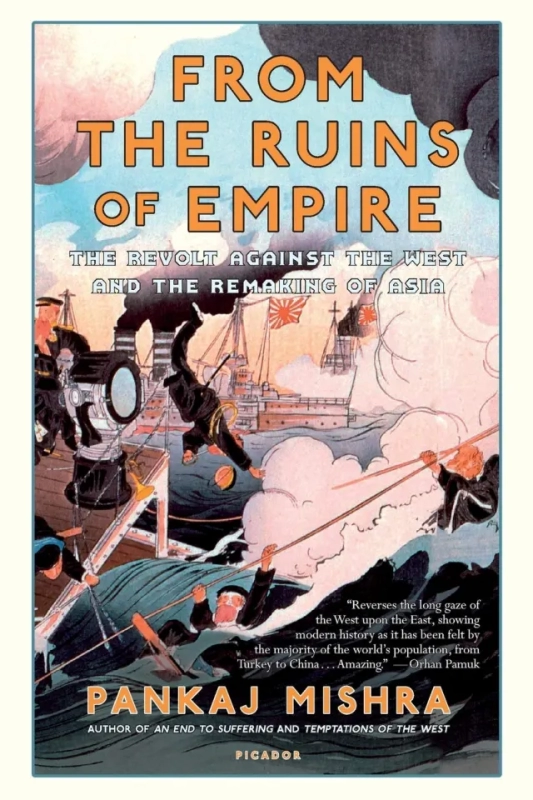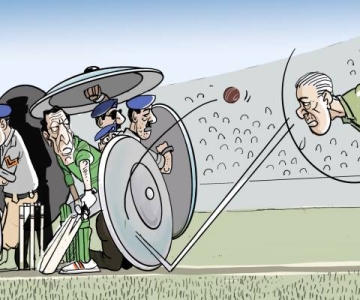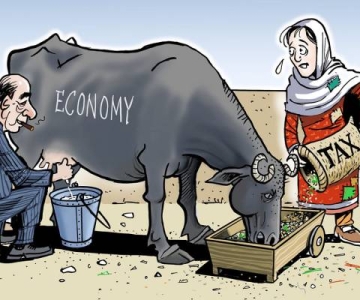Pankaj Mishra’s new book is an ambitious undertaking. “From the Ruins of Empire: the Intellectuals who Remade Asia” traces the lives and works of three Asian intellectuals who were at the forefront of several resistance movements in times when colonists had occupied countries and exercised almost absolute intellectual power.
It is a fascinating narrative, which challenges the Eurocentric version of ‘the truth’ and claims “the central event of the last century for the majority of the world’s population was the intellectual and political awakening of Asia and its emergence from the ruins of Asian and European empires”. Mishra focuses on Jamal-al-din al-Afghani (1838-1897), a renaissance figure who was a formidable critic of the Western intellectual ascendancy, Liang Qichao (1873-1929), a thinking journalist who was a proponent of Confucian ideals, and Rabindranath Tagore (1861-1941), an epitome of the great Bengali renaissance and the awakening of Indian consciousness.
Thus Mishra constructs a powerful account of how white men once “conquerors of the world, were no longer invincible”. Mishra’s personal identity has gradually espoused the cause of internationalism. He lives in the West and travels to the East as an ‘insider’ thereby picking up the threads of societies in transition which most Western writers are unable to fathom. Al-Afghani, for example, argued for intellectual resistance to the hegemony of the West, which unfortunately has been distorted to the extent that today rationalized use of violence has entered the battle of ideas. The Muslim world has a lot to learn from al-Afghani, whose legacy has been squandered over time. In a way, Mishra’s book comes as a major source of reviving the public debate on today’s ‘Muslims versus West’ real and imagined conflict.
Similarly, Qichao’s clarity of thought and efforts to introduce ‘people’ into the political matrix, resulted in the popular mobilizations in China during the twentieth century. Tagore’s poetry and humanistic vision lives on and his muse has given national anthems to the nation-states of India and Bangladesh. These are stories to be retold to understand that Asia is not rising in a vacuum. In fact, the intellectual basis for an Asian worldview is redoubtable.
Perhaps the book would have been richer if there were greater references to the people’s histories, which were divisive, not so romantic, and entailed an adverse disconnect from central power. Sometimes, Mishra can be too deliberate to prove his thesis. Having said that it is vital that the post-Edward Said phase in the world of ideas requires writers like Mishra to continue with the internationalist tradition. Therefore, books like these become even more important in setting newer research agendas enabling us to view the fractured present with this useful lens of intellectual history. I hope it is widely read in Pakistan where our centuries old traditions are slowly being erased in favor of a pro-violence, xenophobic and distorted response to the West.
Published in the Friday Times Friday December 13, 2012.



